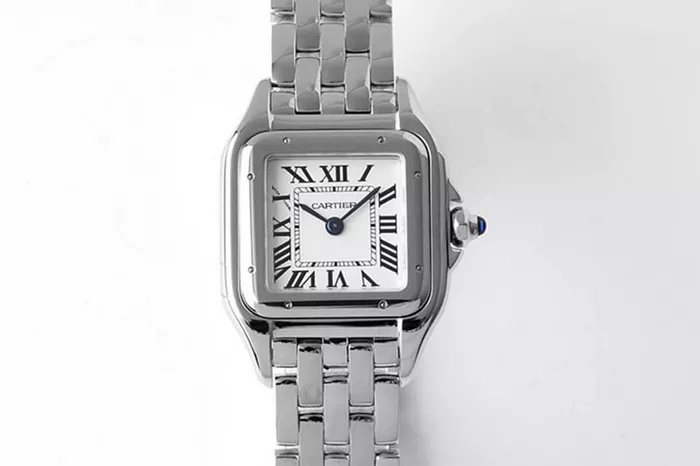Richemont, the Swiss luxury group renowned for brands like Cartier, finds itself amidst takeover speculations, with LVMH’s Bernard Arnault showing significant interest in acquiring a stake.
Despite consistent denials from founder Johann Rupert, South African billionaire, rumors of potential takeovers persist, particularly with recent developments involving LVMH’s strategic moves.
In May, Richemont announced a leadership transition with Nicolas Bos taking on CEO responsibilities from the 74-year-old Rupert, signaling a shift in management amid ongoing market scrutiny.
Richemont’s Distinctive Assets
Richemont’s stature as a coveted entity in the luxury market is underscored by its substantial financial figures. With a turnover of €20.6 billion during the 2023/2024 fiscal year, the group ranks among the top players globally, rivaling giants like Kering in the luxury sector.
Jewellery Dominance and Resilience
A significant portion of Richemont’s revenue, 69%, stems from jewellery, spearheaded by Cartier, renowned as the “jeweller of kings.” This segment’s robust performance provides resilience during economic downturns, catering to a clientele less susceptible to market fluctuations.
Diverse Portfolio
Beyond jewellery, Richemont holds a robust portfolio including eight prestigious watch brands, constituting 18.2% of its revenue. Brands like Vacheron Constantin and IWC Schaffhausen exemplify its dominance in haute horlogerie, bolstering its market position.
Strategic Investments and Challenges
While Richemont’s fashion and accessories division, encompassing brands like Chloe and Alaia, represents a smaller segment of its revenue, recent acquisitions like Gianvito Rossi shoes highlight ongoing strategic diversification efforts.
Corporate Structure and Defensive Measures
Rupert’s dual-class share structure, granting 51% voting rights despite owning 10% of the capital, serves as a defensive mechanism against hostile takeovers. This governance model has historically safeguarded against external pressures, including activist investor attempts.
LVMH’s Strategic Interest
The recent revelation of Bernard Arnault’s stake in Richemont, though undisclosed in amount, raises substantial intrigue within the industry. Arnault’s strategic maneuvers underscore potential consolidation efforts in the luxury market, potentially reshaping industry dynamics.
As speculation mounts and market dynamics evolve, Richemont remains at the center of industry attention, navigating potential strategic shifts under new leadership amidst external interest from global luxury giants.

